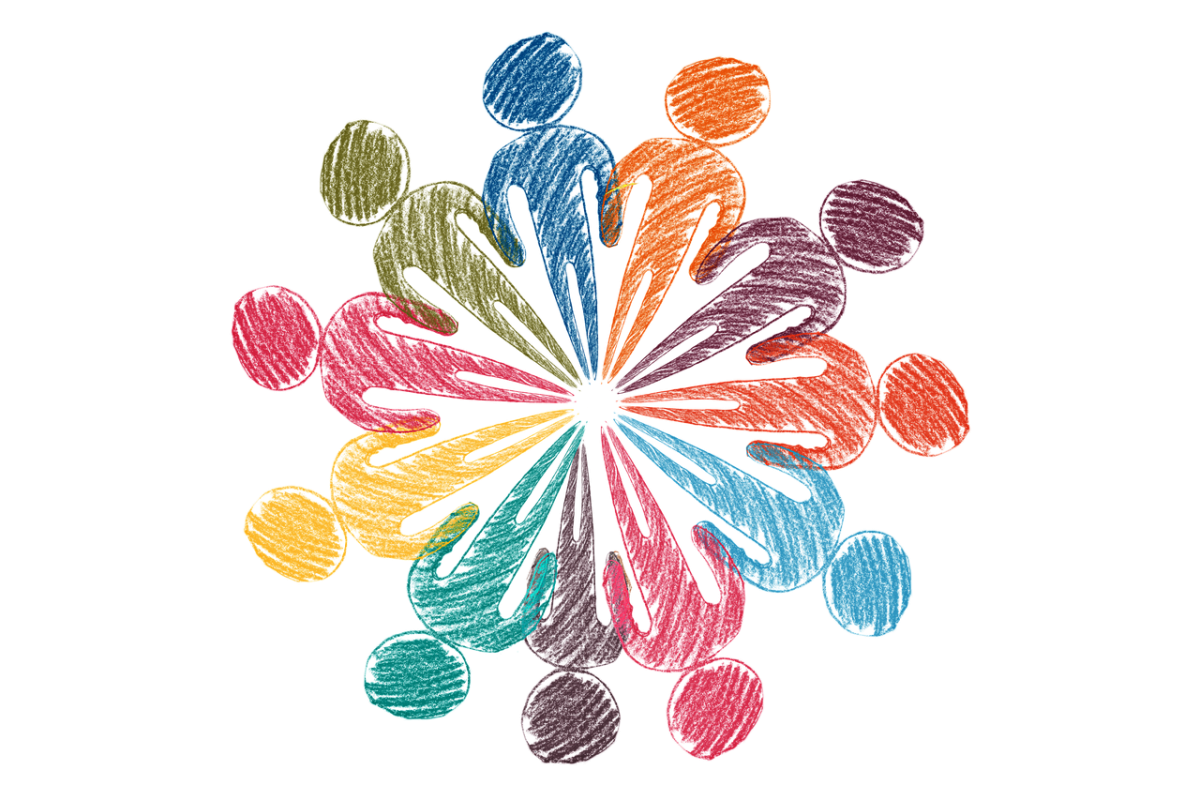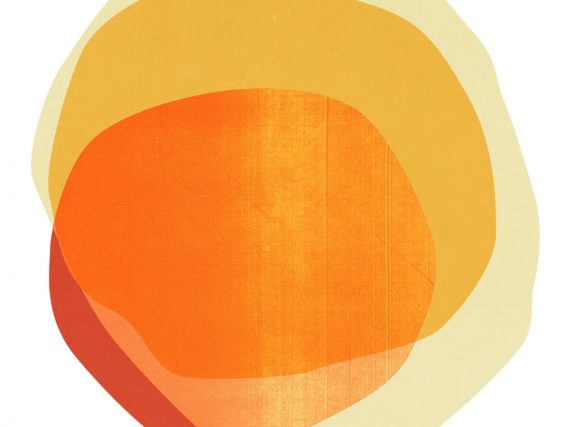Responding restoratively to Covid -19?
Although we are still confronted daily with the immediate consequences of Covid-19, at Open Circle we are beginning to turn our minds to the future. What will our daily life, work and relationships look like when this pandemic is over, and how can we respond with a restorative lens?
While the pandemic impacts everyone, the associated harms will not be experienced equally. For some, self-isolating during Covid-19 has been a welcome distraction from the business and exhaustion of daily life, while for others it has been a devastating crisis with far reaching consequences in financial and human terms.
The decisions to shut down schools, businesses, and services to preserve public health will have both anticipated and unforeseen impacts. Actions to ensure a ‘flattening of the curve’ and slowing the spread of Covid-19 may disproportionately impact people from low socio-economic backgrounds and lead to loss of life, or loss of quality of life, for many. People with job insecurity, those experiencing mental health issues, and those experiencing family violence are likely to be exposed to harm as a consequence of lock downs imposed by authorities. As a direct result of Covid-19, urgent applications to the Family and Federal Circuit Courts in relation to parenting disputes affecting children increased almost immediately by nearly 40 per cent. Behind these numbers are families experiencing unprecedented levels of violence, conflict and separation, without the same level of access to the usual safety-nets of family, friends, or support services.
Fortunately, in Australia our health system has not been overwhelmed in the way it has in countries like China, Italy, Spain, France, Brazil and the USA. In these countries, the crisis has seen health workers exposed to infection without access to protective equipment, working without rest, conscripted by authorities or compelled by their own sense of duty. Some of these workers have died after contracting Covid-19. Health workers have also been forced to decide who among their patients will be offered access to a limited supply of life-preserving medical equipment and care, in effect being put in the position of having to choose who among their patients will live and who will die. Compounding this, many of these workers have been required to provide an explanation of these unenviable choices to loved ones.
In Australia, aged care facilities and hospitals have prevented residents and patients from receiving visitors, and people have been left isolated, some dying alone. Severe limitations have been placed on the number of people permitted to attend funerals, leaving families who have lost loved ones unable to participate in important grief and loss rituals that have profound significance to their cultural, honouring and/or grieving process.
Another feature of the pandemic has been the outbreak of Covid-19 in hospitals and care facilities. Recent reports of a Tasmanian cluster revealed that staff infected with coronavirus worked in Tasmanian hospitals for several days while experiencing symptoms, contributing to an outbreak where 11 of the state’s 12 confirmed deaths have occurred, as well as other numerous other reports of nurses and support workers in care facilities who have unknowingly contributed to the spread of the virus to a vulnerable population. Inevitably, whether or not they are legally, morally or in any other way responsible for the harm caused, those involved will be affected.
In New South Wales, a Special Commission of Inquiry has been established alongside a criminal investigation into the management of the Ruby Princess cruise ship virus outbreak which has so far caused the deaths of 22 people and more than 700 people being infected with the virus. When completed, these investigations will result in the apportionment of responsibility and liability for what has occurred and make recommendations to prevent similar outcomes in the future.
All these events have caused harm in innumerable ways to people and communities. Eventually, the restrictions that have been imposed on all of us to prevent the spread of the virus will recede, exposing lingering trauma, devastation and harm. We know that left unaddressed, trauma of this kind can have intergenerational impacts, continuing to divide families, communities and workplaces. It is critical that we begin the process of exploring opportunities for restorative responses to these harms. What do we need to put communities back together? How might we support and empower people to restore their communities? What kinds of conversations do we need to be having now, to lay the groundwork for rebuilding our resilience and relationships when the pandemic is over?
Restorative justice focuses on addressing harms caused to people, relationships and communities by bringing together the people most affected to talk about what has occurred, its impact, and how to move towards healing. Restorative justice processes are commonly known as a way of responding to harm caused by criminal offending, but restorative responses can be applied to harm arising in any context.
The values, principles and practices offered by restorative justice may offer communities new and very valuable ways of responding to harms in the aftermath of the Covid-19 pandemic. Some of these responses may provide opportunities to bring together people who have hurt or harmed each other, or people who have hurt or harmed others by exposing them to risk, sometimes with grave consequences. Restorative responses create space for people to safely, bravely and meaningfully retell their stories of loss, grief, fear and violence throughout Covid-19. Through restorative responses, we may find ways of enabling people to access information from others that they need to help make sense of their loss. These processes may offer a process that allows people to be accountable and take responsibility for their harmful actions in a meaningful and sustaining way, without further burdening them with shame and punishment.
There are many local and international examples of restorative justice approaches being used as a response to different forms of harm. In New Zealand, listening circles provided the Ministry of Health the opportunity to listen to stories of patients adversely affected by surgical mesh, to clarify their responsibilities, to inform their response and prevent further harm. In Australia, victims of abuse perpetrated by the military have participated in restorative engagement processes administered through the Defence Abuse Response Taskforce. Restorative justice processes start with asking who has been harmed, what are their needs? Who holds obligations in relation to these needs? What kinds of actions need to be taken and by whom? What might be an appropriate process involving all of those concerned to respond and repair harm?
It’s time to start asking those questions now. As we begin the process of shaping a post-Covid-19 future, we need to draw on the opportunities restorative responses offer to sustain healthy, resilient and peaceful communities.
Stan Winford, Anna Howard, Renee Handsaker and Asia Swida, Open Circle team


